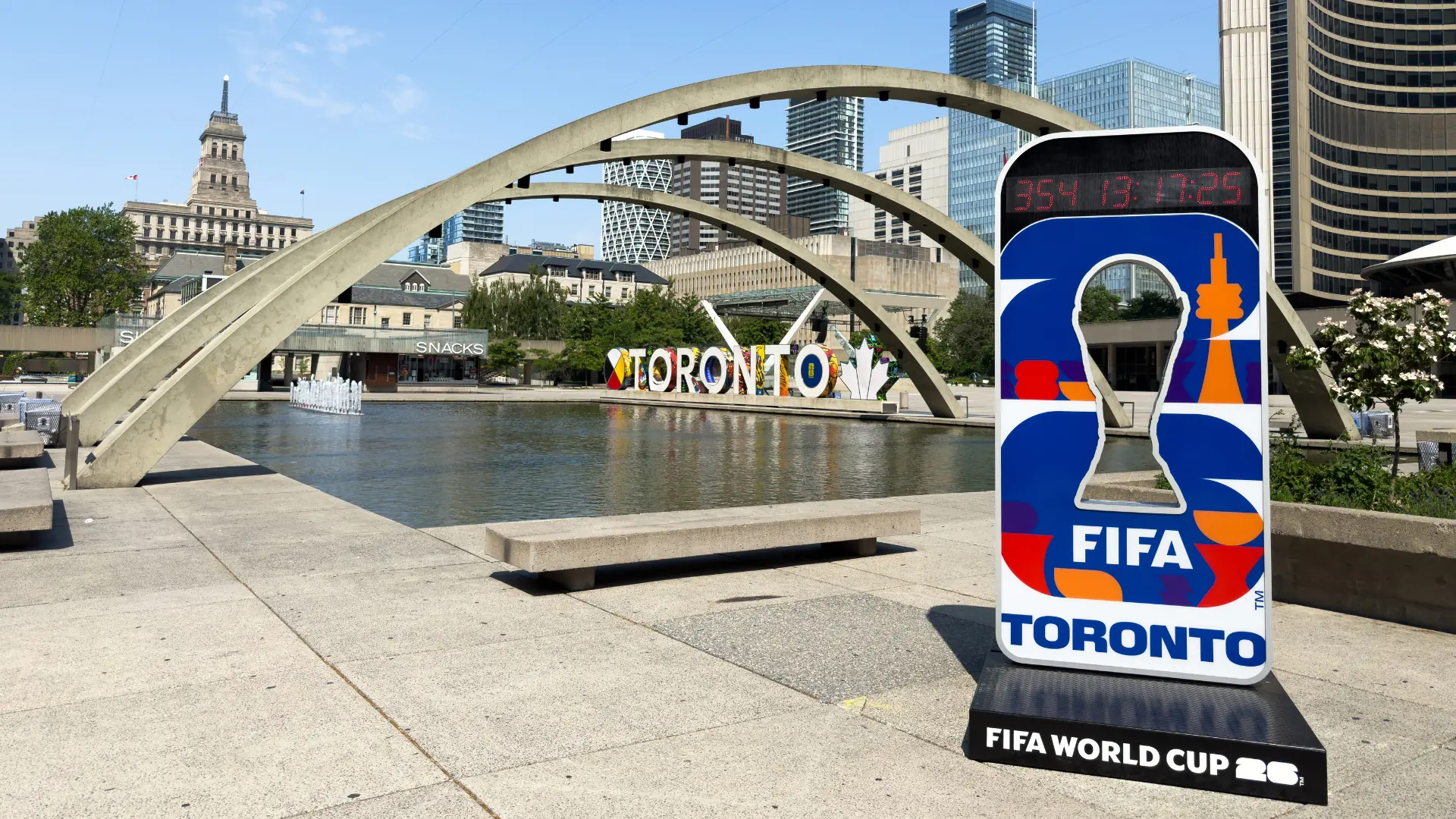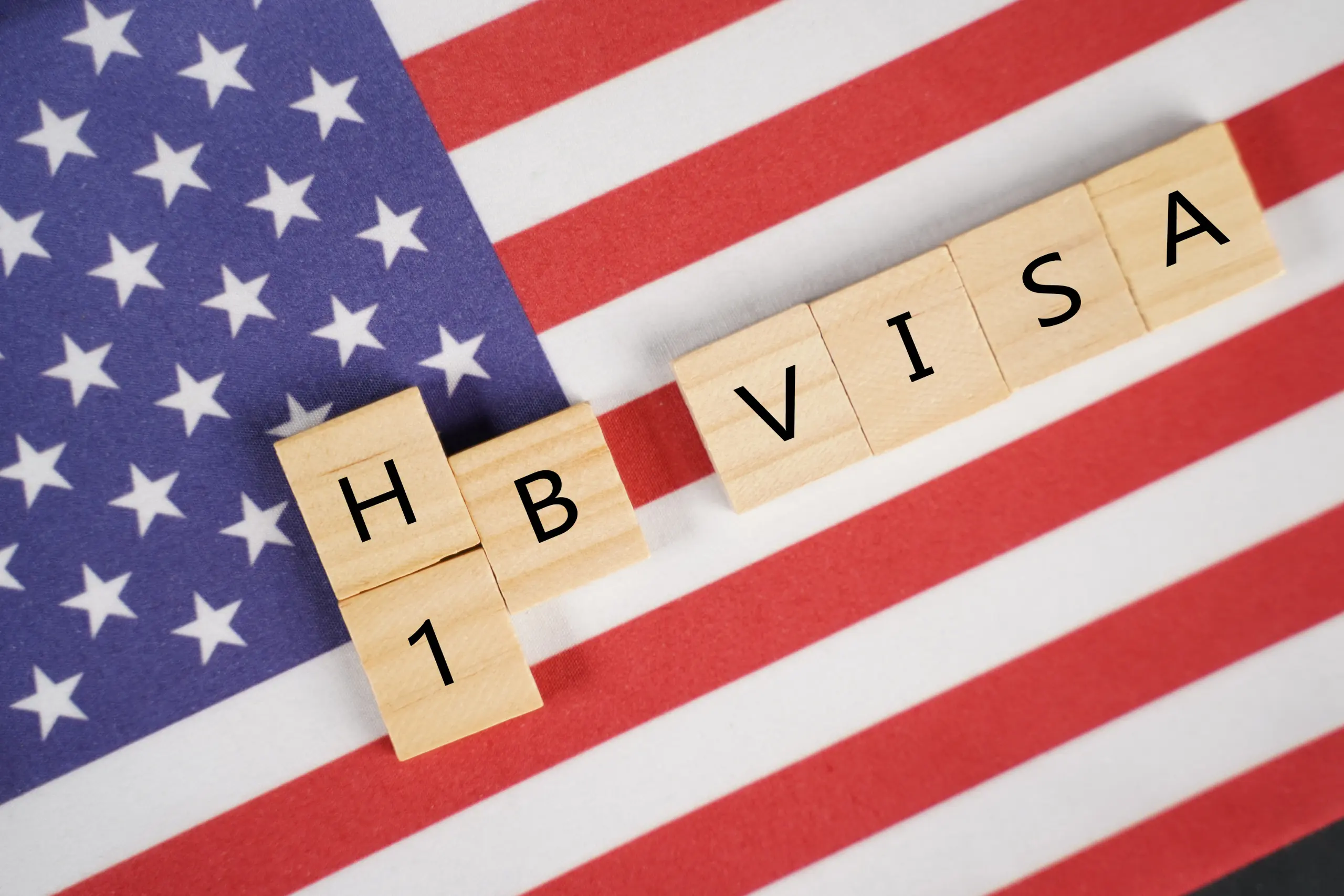Welcome to the Guberman // Appleby Immigration Update. We hope you find the information provided relevant to your immigration needs. Our objective is to highlight recent updates in immigration that are of interest to our readers. If you have questions about how these changes affect your eligibility for Canadian citizenship if you were born outside of Canada to a Canadian parent, we invite you to contact our Canadian immigration lawyers for tailored guidance.
Today’s topic:
- The Government of Canada introduces new legislation on citizenship by descent for Canadians
On June 5, 2025, The Government of Canada, and the new Minister of Immigration, Lena Diab, introduced Bill C-3. This legislation would extend citizenship by descent beyond the first generation.
Under the current Citizenship Act, there is a first-generation limit. This means that Canadian citizens who are born in Canada can pass on their citizenship to their children born outside Canada, but Canadians citizens who are born outside of Canada (i.e. Were permanent residents in Canada before becoming citizens or who became Canadian citizens as a result of their parents being born in Canada) are not able to pass on citizenship to their children if they are born outside of Canada.
In 2023, in the Bjorkquist et al. v. Attorney General of Canada, 2023 ONSC 7152 case, the Ontario Superior Court of Justice declared that this first-generation limit was unconstitutional as it breached equality and mobility rights under section 15, and 6 of the Canadian Charter of Rights and Freedoms, respectively. The court found that the first-generation limit discriminated between citizens based on national origins and sex, as it essentially created two classes of citizenship based on whether a citizen was born in Canada or not.
However, the court suspended the declaration numerous times to give the government time to adopt new legislation to extend citizenship beyond the first generation. Currently, the Canadian government has until November 2025 to pass this legislation.
The introduction of Bill C-3 is the government’s method of revising the Citizenship Act to remove the first-generation limit and provide a new framework going forward for citizenship by descent.
The bill aims accomplishes this goal in two major ways:
- Automatic Conferral of Canadian Citizenship to any person who would be a citizen today if not for the first-generation limit or other outdated provisions of previous citizenship legislation.
The first major effect that Bill C-3 would have is that it will automatically give Canadian Citizenship to anyone who would be a citizen today if not for the first-generation limit as well as other outdated provisions in prior citizenship legislation. This means that any person who was not a Canadian Citizen due to their Canadian Citizen parents being born outside of Canada will automatically be granted citizenship. Additionally, under a previous version of the Citizenship Act that was amended in 2009, anyone born to a Canadian citizen lost their citizenship if they did not make an application to retain citizenship by the time they turned 28 years old. Bill C-3 would also automatically restore the citizenship for those who lost Canadian citizenship under those provisions. - Introduce a new framework for citizenship by descent beyond the first generation based on substantial connection to Canada.
The second major effect of Bill C-3 is creating a new framework for citizenship by descent that would allow children beyond the first generation to access citizenship based on their parent’s substantial connection to Canada. This substantial connection will be demonstrated by at least 1095 days (equivalent to three years) of physical presence in Canada prior to their child’s birth or adoption. This echoes the process of attaining Canadian citizenship after attaining 1095 days as a permanent resident who has lived in Canada for three out of the last five years.
Current interim measures for those affected by the first-generation limit
It is important to note that while there are still many stages left in the legislative process before the bill is passed and comes into effect, there are currently interim measures for those affected by the first-generation limit. The government is offering a discretionary grant of citizenship for those affected by the first-generation limit if they were born or adopted before December 19, 2023. Those who were born after December 19, 2023, may also be offered citizenship if their Canadian parents had at least 1,095 cumulative days of physical presence in Canada before their birth. Additionally, there is expedited processing for those in urgent need of citizenship for reasons such as statelessness and avoiding potential harm or hardship.
// CONTACT US
We welcome you to contact us directly to discuss the above. Please contact one of our Toronto immigration lawyers, by reaching out to our general line 416 548 7100 or via email info@gaimmlaw.com. Our immigration lawyers are always available to discuss any of your specific Canadian or US immigration queries either virtually or in person. We look forward to hearing from you.







